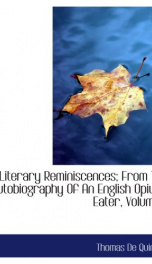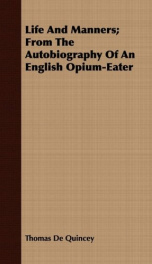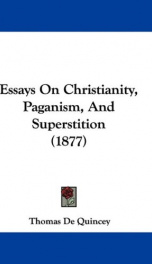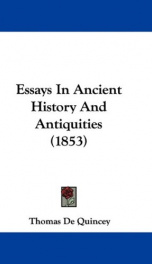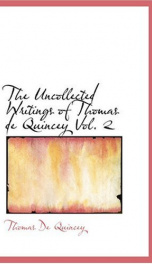essays on the poets and other english writers
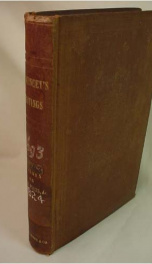
CONTENTS:- ON WORDSWORTH'S POETRY. - PERCY BYSSHE SHELLEY. - JOHN KEATS. - OLIVER GOLDSMITH. - ALEXANDER POPE. - WILLIAM GODWIN. - JOHN FOSTER. - WILLIAM HAZLITT. - NOTES ON WALTER SAVAGE LANDOR. *** a selection from ON WORDSWORTH'S POETRY: HERETOFORE, upon one impulse or another, I have retraced fugitive memorials of several persons celebrated in our own times; but I have never undertaken an examination of any man's writings. The one labor is, comparatively, without an effort; the other is both difficult, and, with regard to contemporaries, is invidious. In genial moments the characteristic remembrances of men expand as fluently as buds travel into blossoms; but criticism, if it is to be conscientious and profound, and if it is applied to an object so unlimited as poetry, must be almost as unattainable by any hasty effort as fine poetry itself. 'Thou hast convinced me,' says Rasselas to Imlac, 'that it is impossible to be a poet;' so vast had appeared to be the array of qualifications. But, with the same ease, Imlac might have convinced the prince that it was impossible to be a critic. And hence it is, that, in the sense of absolute and philosophic criticism, we have little or none; for, before that can exist, we must have a good psychology; whereas, at present, we have none at all. If, however, it is more difficult to write critical sketches than sketches of personal recollections, often it is much less connected with painful scruples. Of books, resting only on grounds which, in sincerity, you believe to be true, and speaking without anger or scorn, you can hardly say the thing which ought to be taken amiss. But of men and women you dare not, and must not, tell all that chance may have revealed to you. Sometimes you are summoned to silence by pity for that general human infirmity, which you also, the writer, share. Sometimes you are checked by the consideration, that perhaps your knowledge of the case was originally gained under opportunities allowed by confidence or by unsuspecting carelessness. Sometimes the disclosure would cause quarrels between parties now at peace. Sometimes it would carry pain, such as you could not feel justified in carrying, into the mind of him who was its object. Sometimes, again, if right to be told, it might be difficult to prove. Thus, for one cause or another, some things are sacred, and some things are perilous, amongst any personal revelations that else you might have it in your power to make. And seldom, indeed, is your own silent retrospect of such connections altogether happy. 'Put not your trust in princes, nor in the sons of princes,'-this has been the warning,- this has been the farewell moral, winding up and pointing the experience of dying statesmen. Not less truly it might be said- -Put not your trust in the intellectual princes of your age: form no connections too close with any who live only in the atmosphere of admiration and praise. The love or the friendship of such people rarely contracts itself into the narrow circle of individuals. You, if you are brilliant like themselves, they will hate; you, if you are dull, they will despise. Gaze, therefore, on the splendor of such idols as a passing stranger. Look for a moment as one sharing in the idolatry; but pass on before the splendor has been sullied by human frailty, or before your own generous homage has been confounded with offerings of weeds.- --This text refers to the Kindle Edition edition.
Info about the book
Author:
Series:
Unknown
ISBN:
0306814129
Rating:
3.5/5 (4)Your rating:
0/5
Languge:
English
Users who have this book
Users who want this book
What readers are saying
What do you think? Write your own comment on this book!
write a commentif you like essays on the poets and other english writers try:
Other books by this author
Do you want to read a book that interests you? It’s EASY!
Create an account and send a request for reading to other users on the Webpage of the book!

